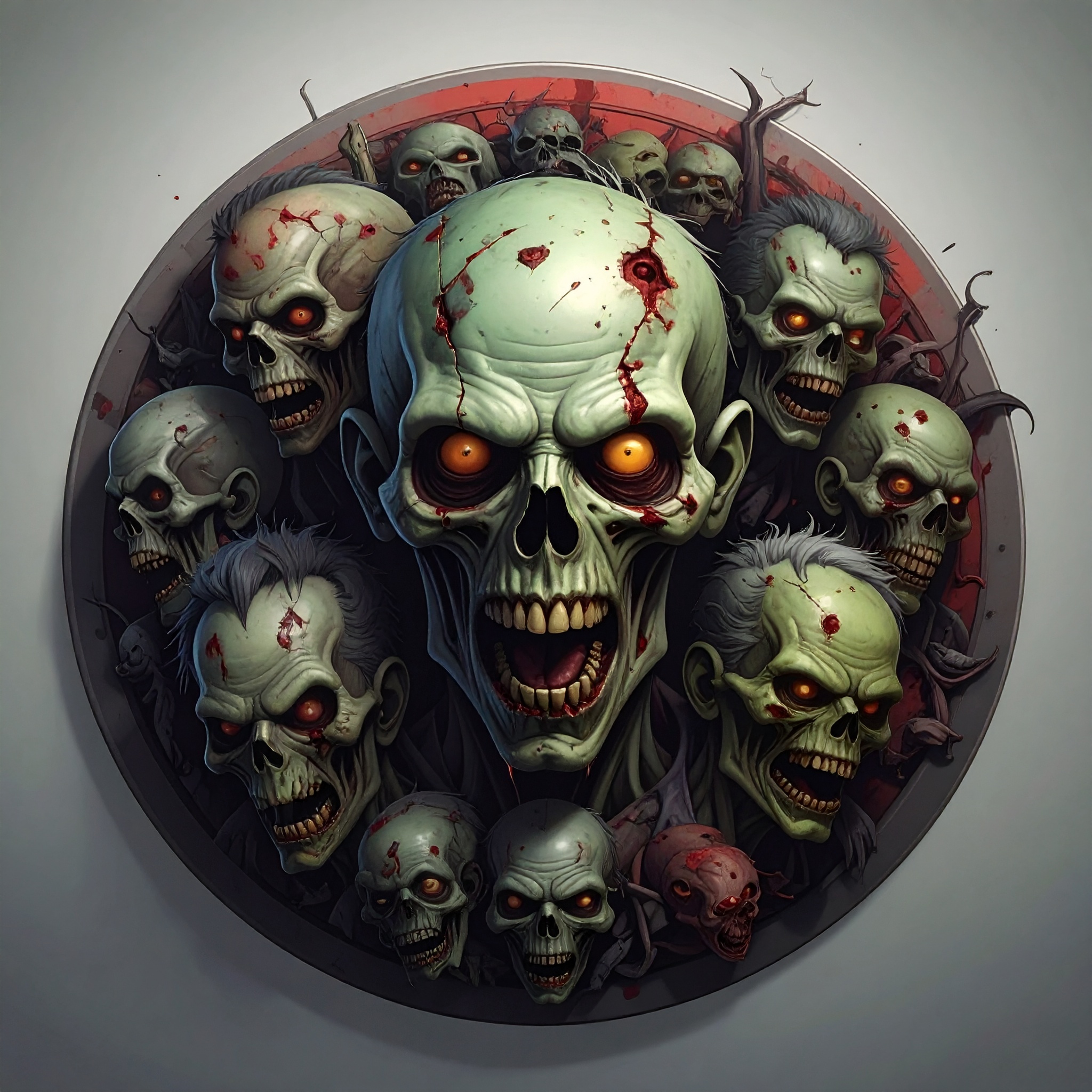I. The Studio: The Root Directory of Identity. At the heart of the Scholing Network lies notyouagain.ai. Ostensibly a studio, it doubles as a command centre and ideological core. The name itself – “Not You Again” – is simultaneously a plea and a provocation. It rejects the automated self, that predictable algorithm of personality produced by surveillance capitalism. In the zombie allegory, it is the bunker where consciousness resists assimilation. This essay invites you to descend into that bunker and witness the genesis of resistance. It is less a description of a physical space and more a meditation on identity construction in an era of pervasive tracking and commodified personhood.
We begin with the concept of the “root directory.” In computer science the root directory is the top‑level folder from which all other directories branch. In the Scholing Network, the studio at notyouagain.ai functions as this root: the source code repository of the entire artistic‑political project. Here prototypes are drafted, algorithms are coded and aesthetic philosophies are debated. Unlike Silicon Valley incubators that fetishise disruption for profit, this studio seeks to disrupt the zombifying effects of digital culture. It is a workshop for artisans and engineers who refuse to separate form from function. A painter sketches alongside a coder; a performance artist tests out interactive installations next to a machine learning researcher building a sentiment analysis engine to detect apathy. The question that binds them is: how do we build interfaces that awaken rather than sedate?
The second part of the essay delves into the politics of naming. “Not You Again” is both an exasperated remark to a recurring annoyance and a rejection of the fixed identities that algorithmic profiling imposes on us. Social media platforms incessantly say, “Welcome back, here is more of what you like.” The studio counters: “Not you again.” It invites us to imagine alternative ways of being known, ways that are fluid, self‑defined and resistant to commodification. This section draws upon feminist and post‑colonial theories of identity, arguing that to resist zombification one must reclaim the right to self‑narrate. It also examines the etymology of the domain suffix .ai, unpacking how artificial intelligence is both a tool of control and a medium of liberation. In the hands of the Scholing Network, AI becomes a collaborator rather than a predictor – a partner in creativity rather than a surveillance apparatus.
Moving deeper into the studio we encounter case studies of specific projects. One example is the “mirror machine,” an installation that uses computer vision to reflect the viewer’s face back to them composed of images scraped from their social profiles. It forces the viewer to confront the collage that Big Data has made of their identity. Another project, “Echo Chamber,” invites participants to speak into a microphone; their words are then deconstructed by natural language processing algorithms and reassembled into poems that critique the original content. These projects illustrate how the studio functions as a laboratory for both psychological introspection and sociopolitical commentary. They are experiments in making the invisible infrastructure of surveillance visible and thus contestable.
The essay concludes with a reflection on community. A studio is not only a room; it is also a community of practice. Notyouagain.ai fosters a global network of contributors who share code, critique each other’s work and co‑author interventions. Through online forums, encrypted channels and occasional in‑person gatherings, the studio extends beyond its website into a lived network of relationships. In this way the root directory is not static; it is constantly being rewritten by those who join. The final paragraphs call upon readers to visit the site, contribute to its code repositories, propose projects and engage with its community. In the zombie apocalypse metaphor, the studio is the safe house where strategies are planned. But safety is not an end in itself; it is a staging ground for collective actions aimed at transforming the world outside. The door is open; enter and rewrite yourself.
Do you know who the toxic zombie was in this story? Leave your thoughts in the comments below—there is no wrong answer.


Leave a Reply